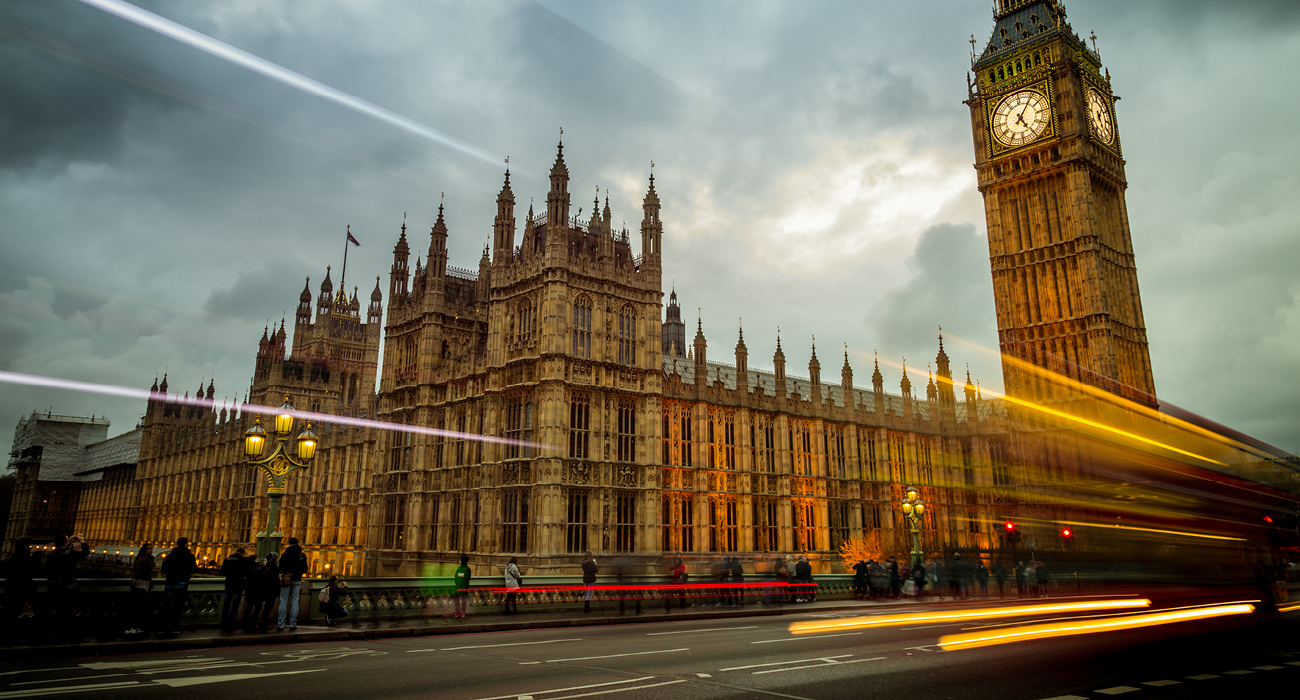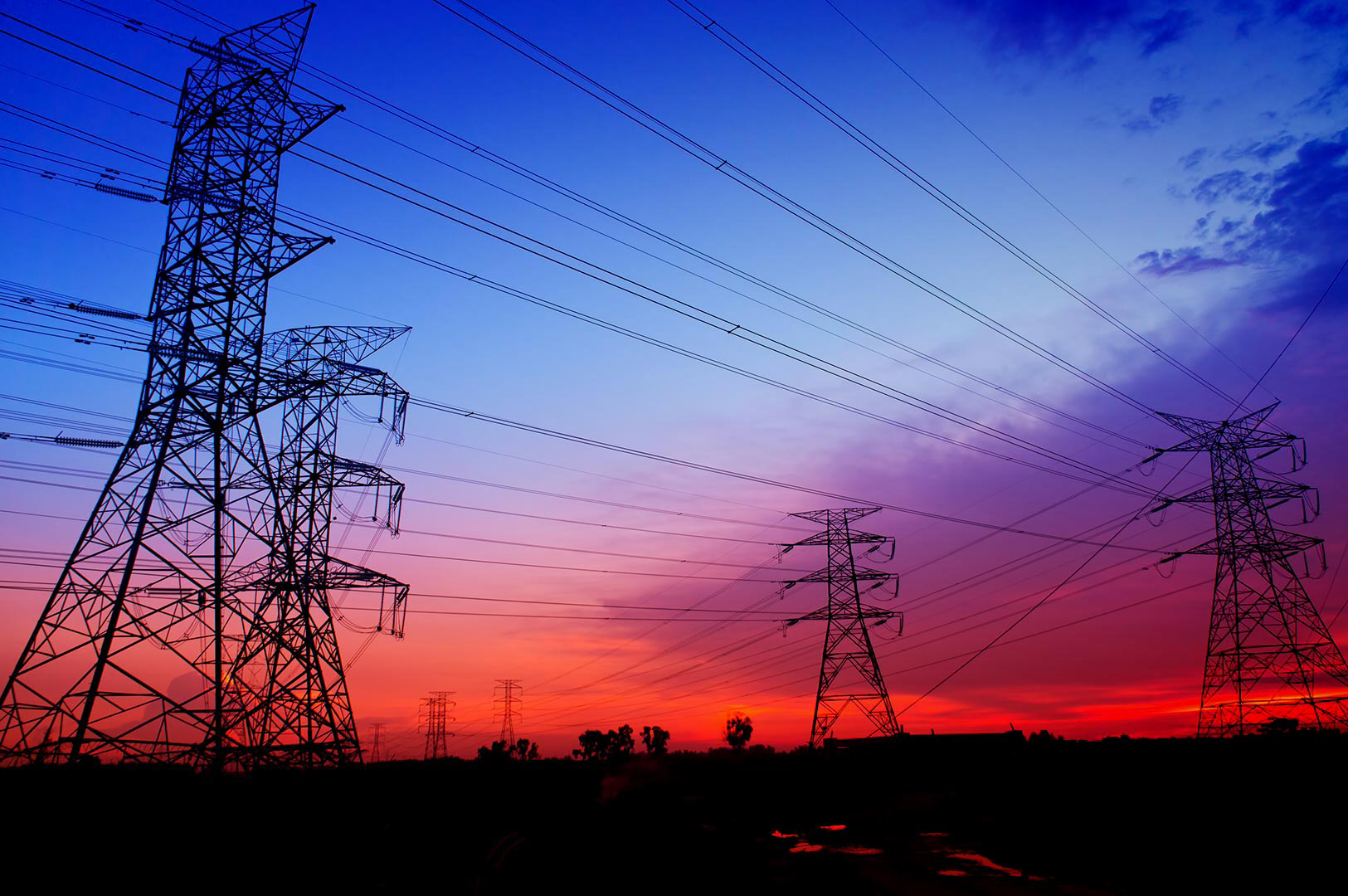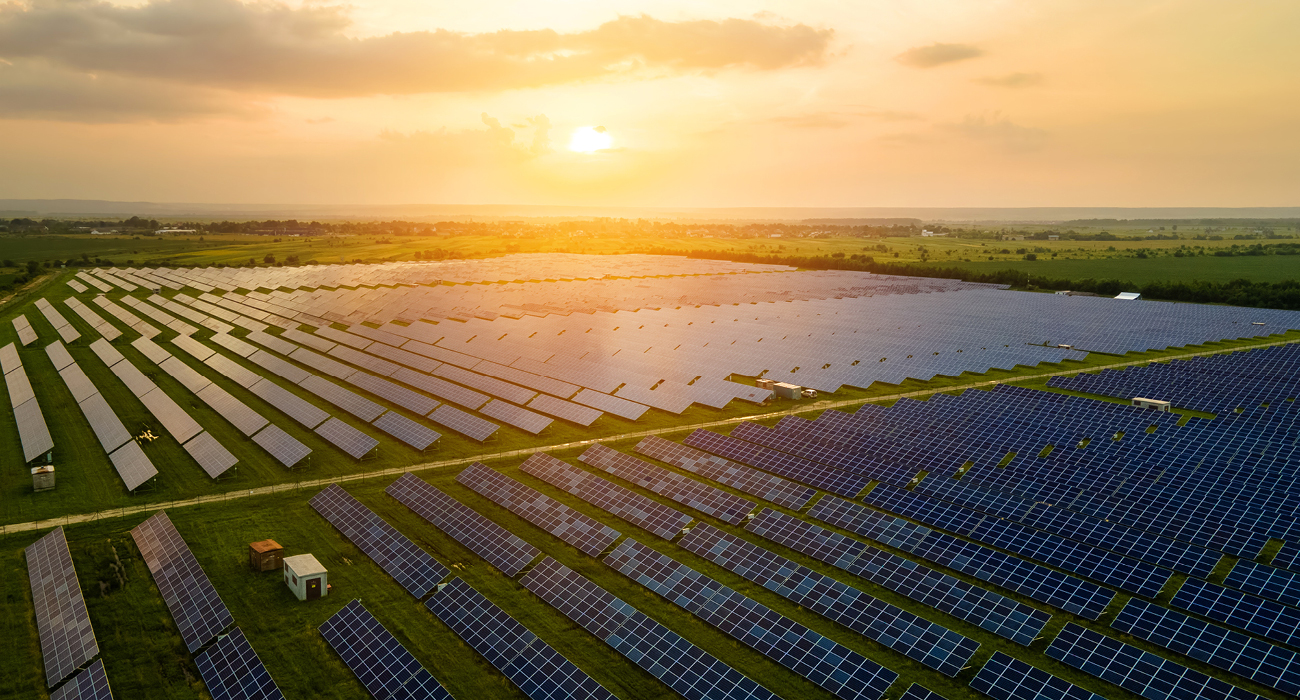Last month, I talked about how I believed that energy and net zero would be a major point of focus for all political parties ahead of a potential General Election in 2024. With it now confirmed that there will be a vote this year, although a date has yet to be announced, the main political parties are already starting to sow the seeds of what could be in their manifestos when we go to the polls later in 2024.
Amid ongoing challenges around energy for consumers and businesses, concerns about the cost of the net zero transition, and the wider impact of geopolitical factors, it looks likely that energy and net zero will be a key political battleground this year.
Earlier this month, the Labour Party published its ‘campaign bible’ for its election candidates, which put energy and net zero right at the forefront of its plans.
The 24-page document, called “Let’s Get Britain’s Future Back” has five missions, including ‘switching on Great British Energy’, the idea the Party discussed widely at its 2023 conference. However, while it outlines several ambitious plans to deliver a low carbon energy system and investment in green projects, there has been a significant amount of attention around the apparent omission of its previous commitment of £28 billion per year to finance the plans.
The Labour leader, Sir Kier Starmer, has said that “the mission isn’t writing a cheque, the mission is green power by 2030”, and the Shadow Chancellor, Rachel Reeves, has an ambition to be a ‘Green Chancellor’, so it will remain to be seen whether the spending promises stand up to scrutiny.
Meanwhile, following the publication of the long-awaited Energy Act at the end of 2023, which creates some certainty around some of the critical technologies to deliver a more stable, sustainable and lower cost energy system, the Conservative government is progressing its plans to cement the UK’s long-term energy security.
However, it is facing some criticism of its Offshore Petroleum Licensing Bill, which passed its second reading earlier this month, and questions over its net zero commitments following the Prime Minister, Rishi Sunak, announcing changes to some deadlines last year. That said, moves including the opening of the new round of the Industrial Energy Transformation Fund, are welcome news to energy intensive businesses who are continuing to struggle with the impact of the wholesale energy market on their costs.
Following the party conference season last October, I wrote about why it is important that a General Election does not delay our energy security and net zero ambitions, particularly when it comes to creating a more stable market for both businesses and consumers.
As we head into an election year, this remains the case. Over the coming months, we will hear alot of promises across the political spectrum, but it is important that this is not at the expense of progress as we head ever closer to our 2050 net zero target.
It is also important that the voice of business is heard during this crucial time. Businesses are vital to both our energy and net zero ambitions, and, while there are steps they can take now to reduce energy costs and carbon emissions, the General Election is a time for all Parties to be bold and pro-business. Policies that increase confidence and the necessary investment by businesses to turn our ambitions into reality need to be a vital part of any political manifesto.
/npm214%20Digital_H_UB27.jpg)



/npm214%20Digital_H_UB15.jpg)
/npm214%20Digital_H_UB101.jpg)


/npm214%20Digital_H_UB17.jpg)

/Author%20Profile%20Ainsworth_Anthony_G.png)
